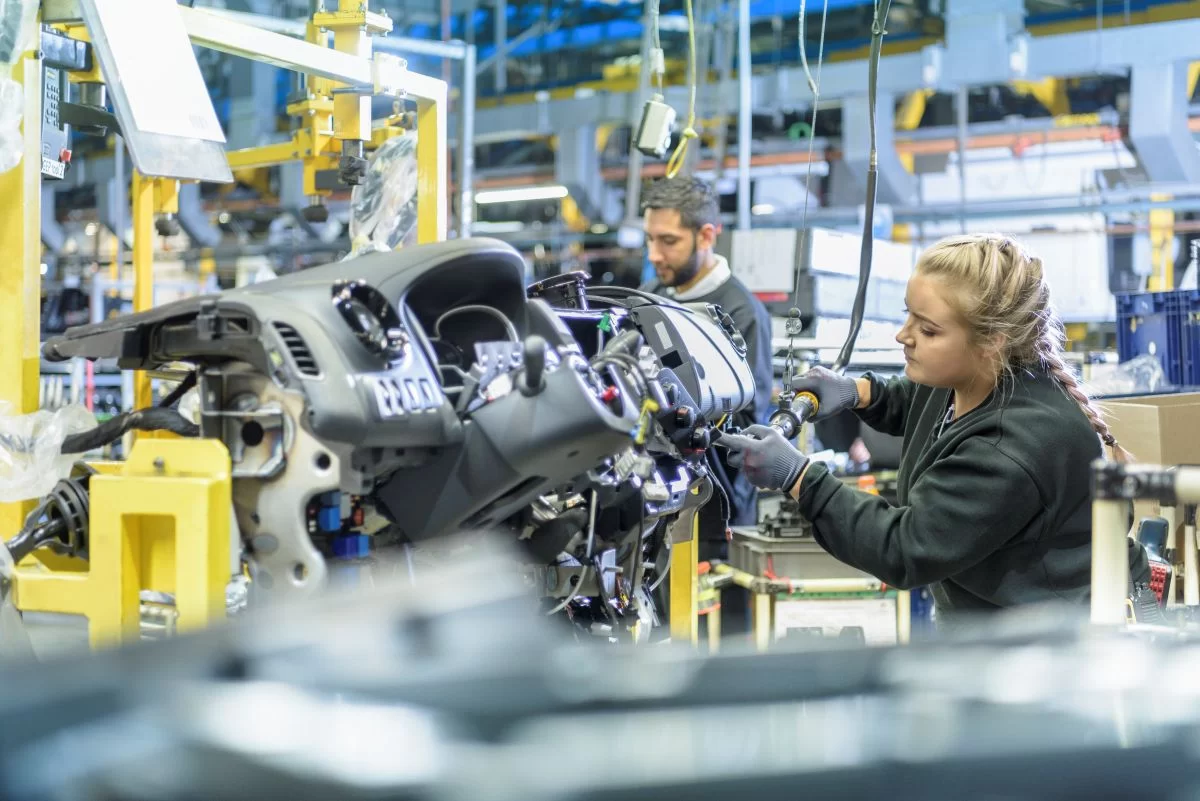This new paper by Dr Filip Mandys and Prof Diane Coyle explores how digital technologies shape productivity and energy efficiency in transport. Analysing two decades of data, the authors find that ICT investments—particularly in hardware—significantly boost productivity, while software enhances energy efficiency. Their findings highlight the need for sustained digital investment, skilled workers, and supportive policy frameworks to drive transformation in the sector.

Abstract
Digitisation makes possible both increased productivity and improved energy efficiency in the transport sector, yet the sector has contributed to the productivity growth slowdown since the mid-2000s. This paper investigates the impact of investment in information and communication technology (ICT) capital on productivity and energy efficiency in the transport sectors of 20 Organisation for Economic Co-operation and Development (OECD) countries over the period 1995 – 2019. We find that greater ICT investment significantly boosts productivity across all measures, and particularly energy productivity. An increase in the ICT capital share in total capital from 10% to 11% boosts labour productivity level by about 1%, and energy productivity level by almost 1.5%. Investment in hardware drives productivity, while software investment plays a dominant role in energy productivity gains. However, these impacts were stronger before 2008. Our findings highlight the importance of continuous ICT investment, complementary human capital, and policy frameworks that encourage digital transformation in the transport sector.







